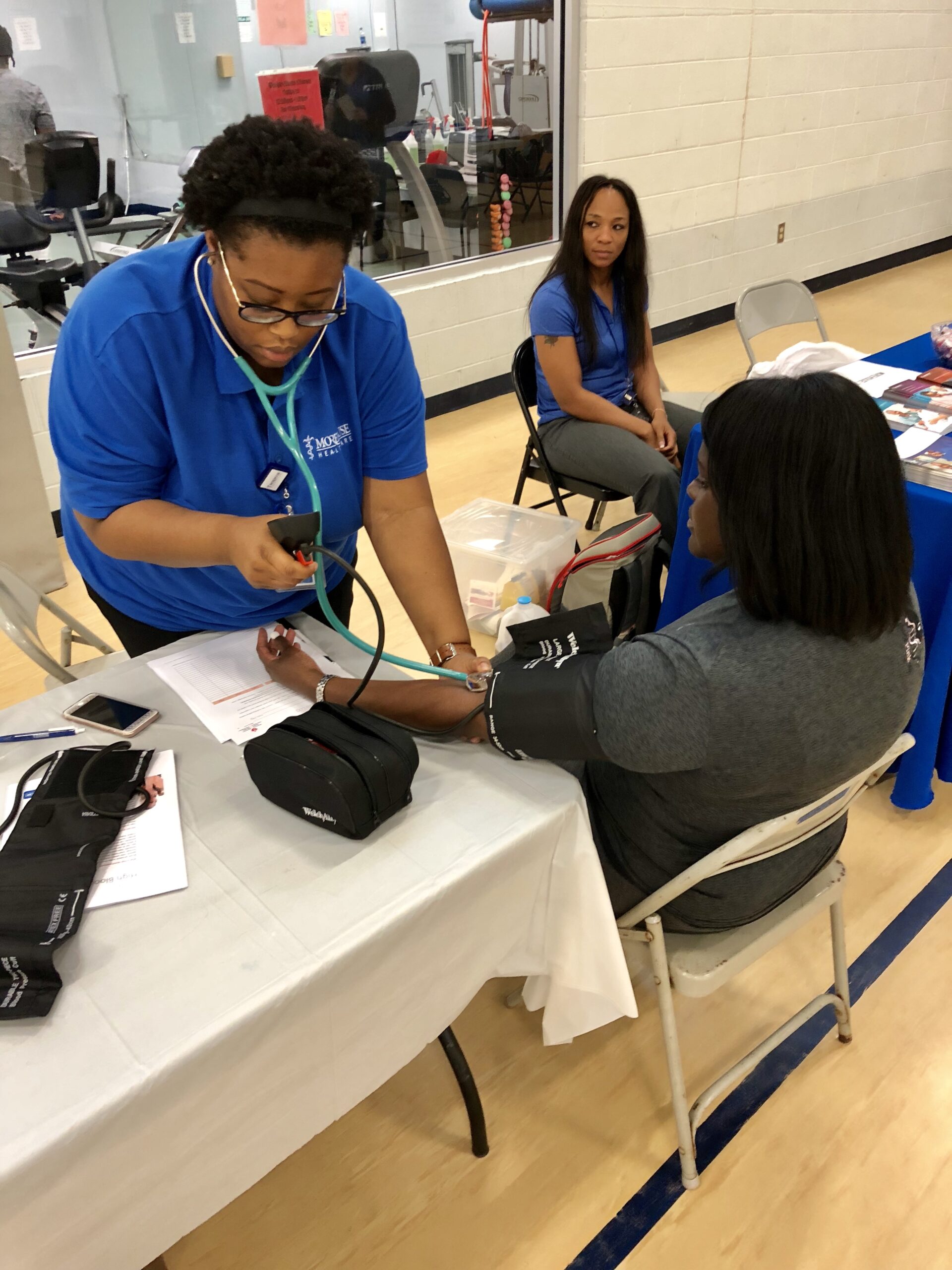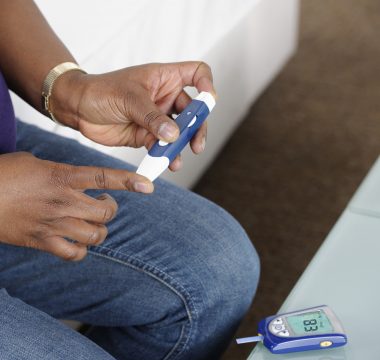All doctors are consistent with wanting to know your numbers or statistics (STATS)…they take your blood pressure, a tube or two of your blood, or prick your finger for a spot or two of blood; they are wanting to know your STATS !
Your STATS tell the doctor that everything is functioning as it should by guidelines given by American Medical Association. Yes, there are people running test and doing research to make sure people are living longer better lives.
In accordance with the guidelines, BlackPink wants you to know your STATS and know what they mean. While we can’t cover all your STATS, after meeting with our Physician panel here’s what they suggested would help them help you.

Your blood pressure is the measure of how open your blood vessels are to supply oxygen to the heart. Understanding your blood pressure is the key to keeping it at a health state.
The doctor talks about two numbers systolic (top) and diastolic (bottom)
- Systolic (the top number) indicates the rate the vessels are pumping blood
- Diastolic (the bottom number) indicates the pressure in the arteries when the heart beats
Understanding your Numbers
| Category | Systolic mm Hg (top number) | Diastolic mm Hg (lower number) |
|---|---|---|
Normal | less than 120 | < 80 |
Elevated | 120 - 129 | 80-89 |
High Blood Pressure Stage 1 | 130 - 139 | 80 - 89 |
High Blood Pressure Stage 2 | 140 or higher | 90 or higher |
Hypertensive Crisis (consult your doctor immediately) | 180 or higher | 120 or higher |
Everyone has glucose (sugar) in their blood obtained from food they eat. Glucose is used to give you energy and it also provides your organs, nervous system and muscles nutrients needed to function. Glucose is absorbed, stored and regulated by the small intestine, liver and pancreas.
Our bodies only need a certain amount of glucose, depending how much work you are doing, if you are not eating and doing work your body uses the stored glucose to keep you functioning ; when you have consumed too much glucose (sugar) your organs can no longer store or regulate the abundance amount of sugar thus producing a high level causing diabetes.
Too much glucose (blood sugar) in your body can result in having nerves destroyed, lower your ability to fight off infections and in long term untreated cases cause blindness, heart, kidney disease and death. Important to note too little glucose (using sugar you don’t have in your blood or stored) can cause you fatigue, fainting, irritability and may affect your brain functions and in extreme cases cause loss of consciousness.

Understanding your Numbers
| Level | mg/dL | Risk | Recommended Action |
|---|---|---|---|
| Dangerously High | 315+ | Very High | Seek medical attention immediately |
| High | 215-280 | High | Seek medical attention |
| Borderline | 120-180 | Medium | Consult your doctor |
| Normal | 72-108 | No Risk | Keep up the good work! |
| Low | 70 | Medium | Contact your doctor |
| Dangerously Low | 50 | High | Seek Medical Attention |

